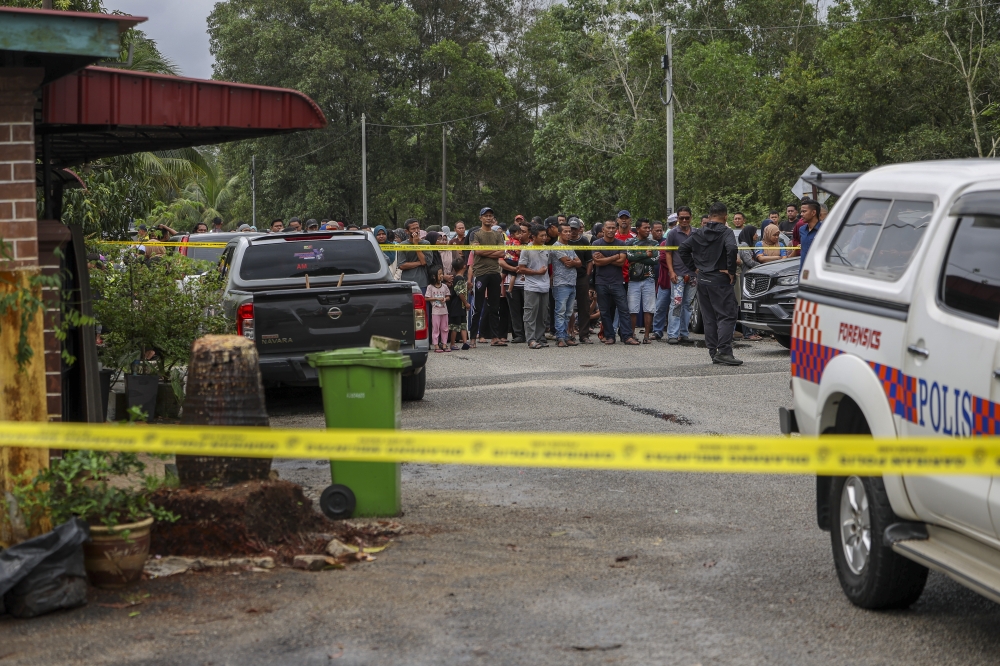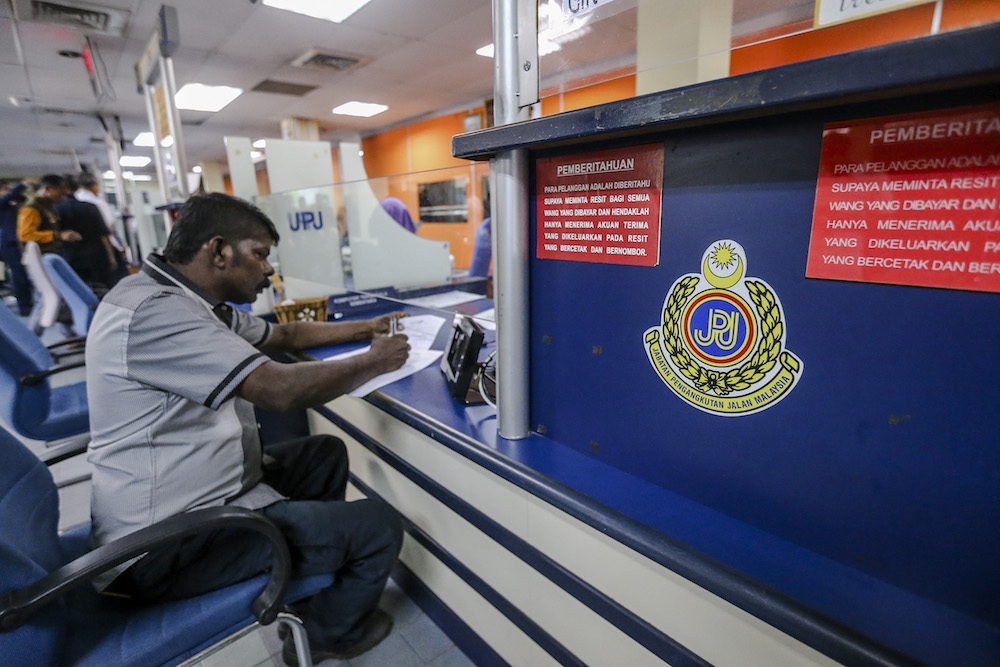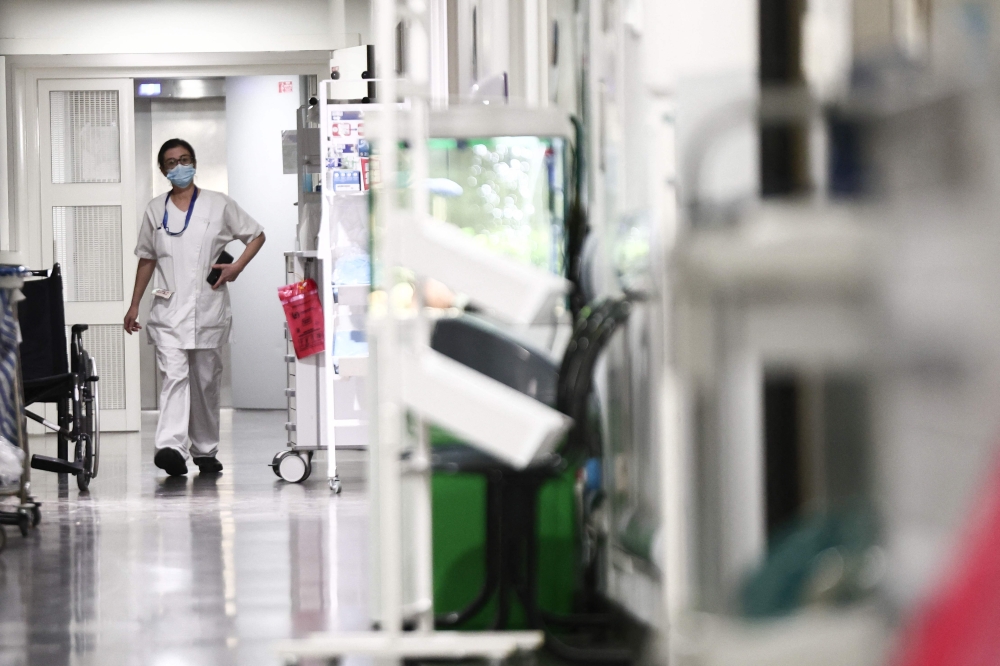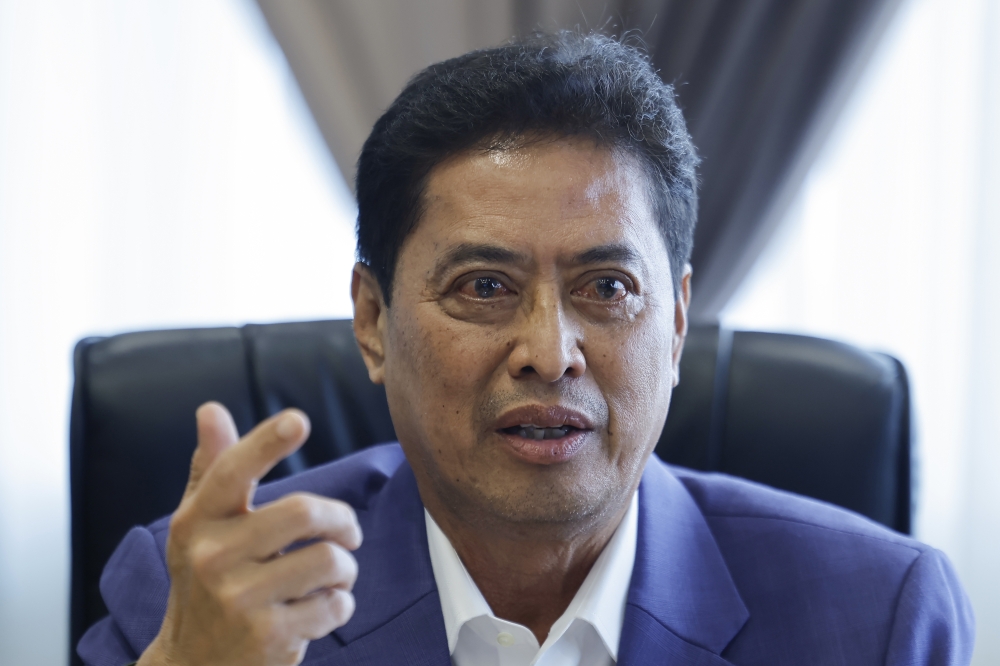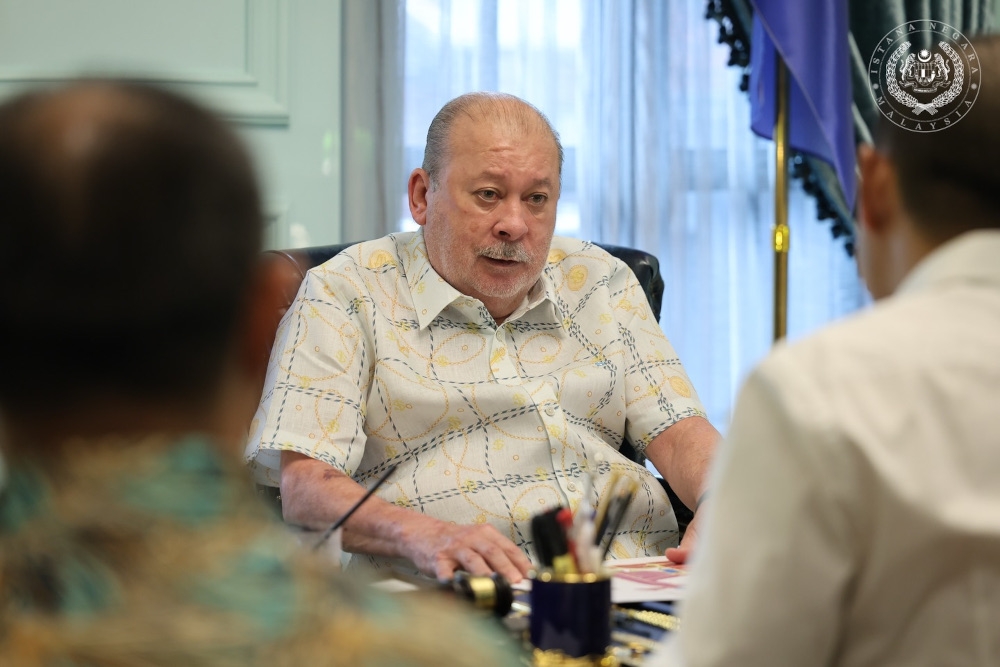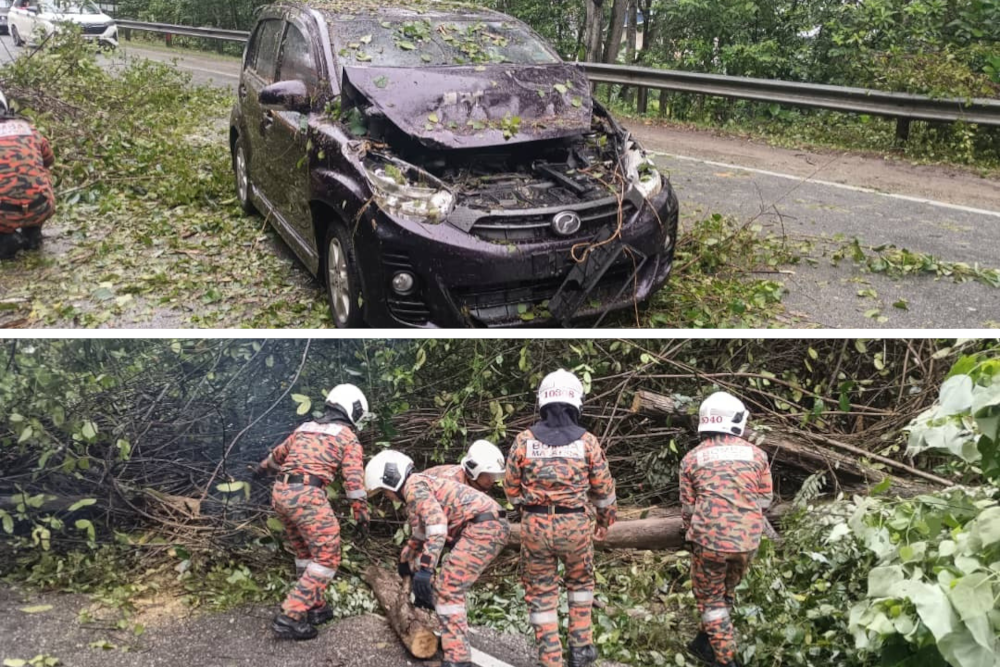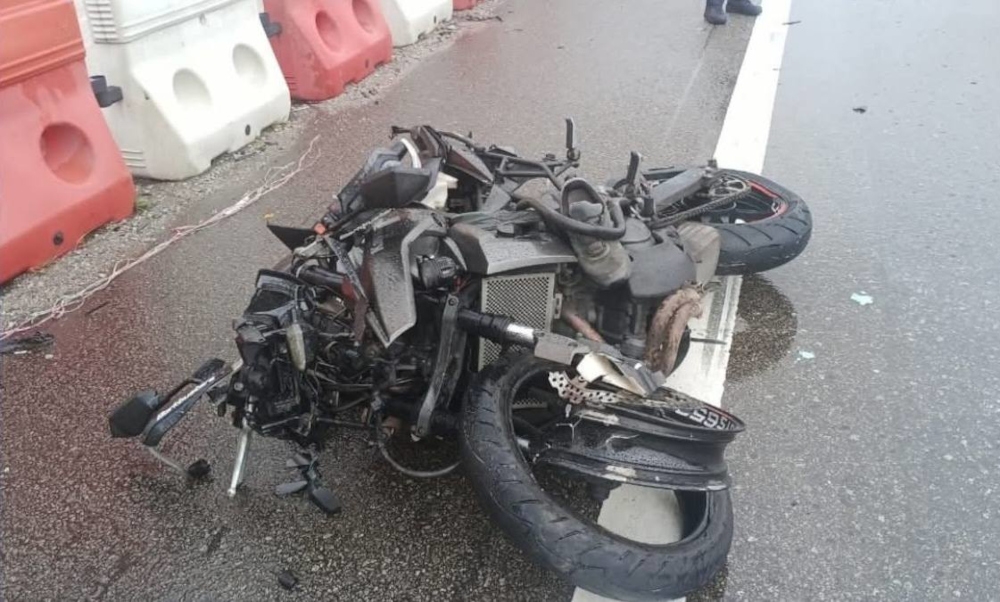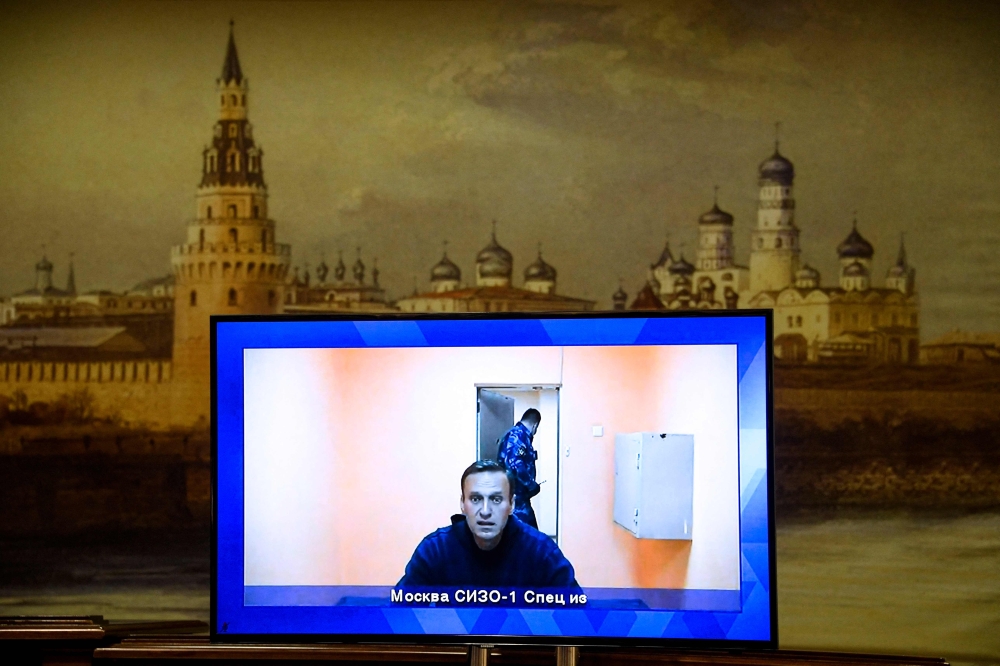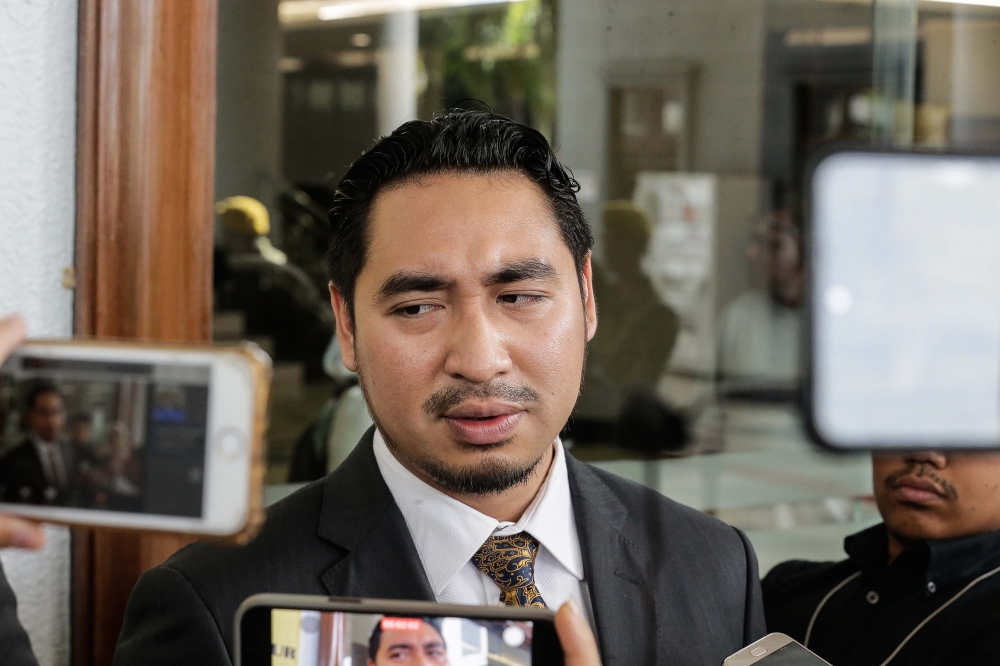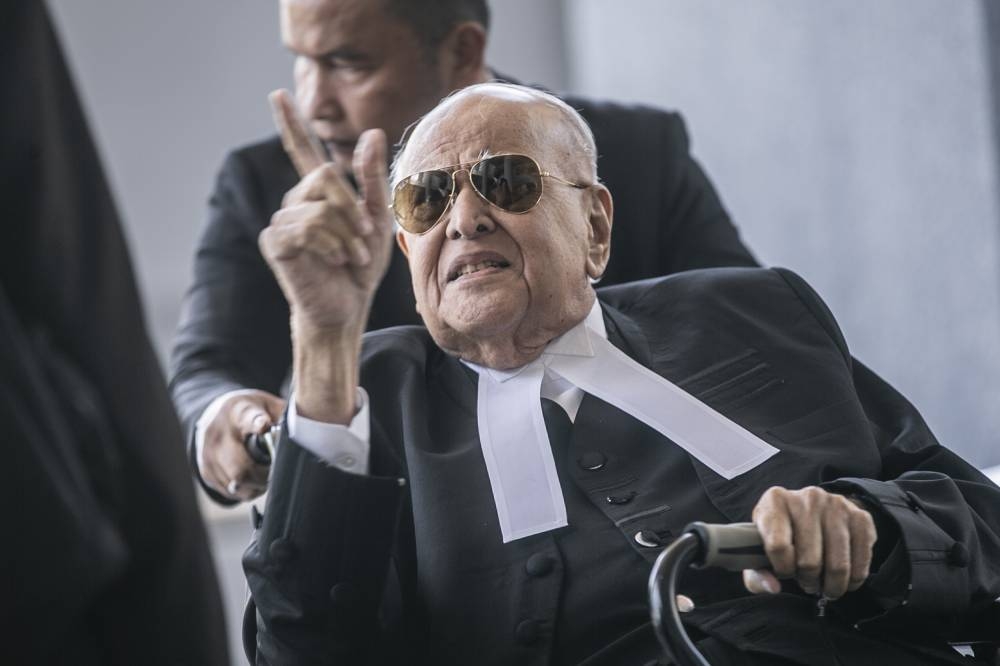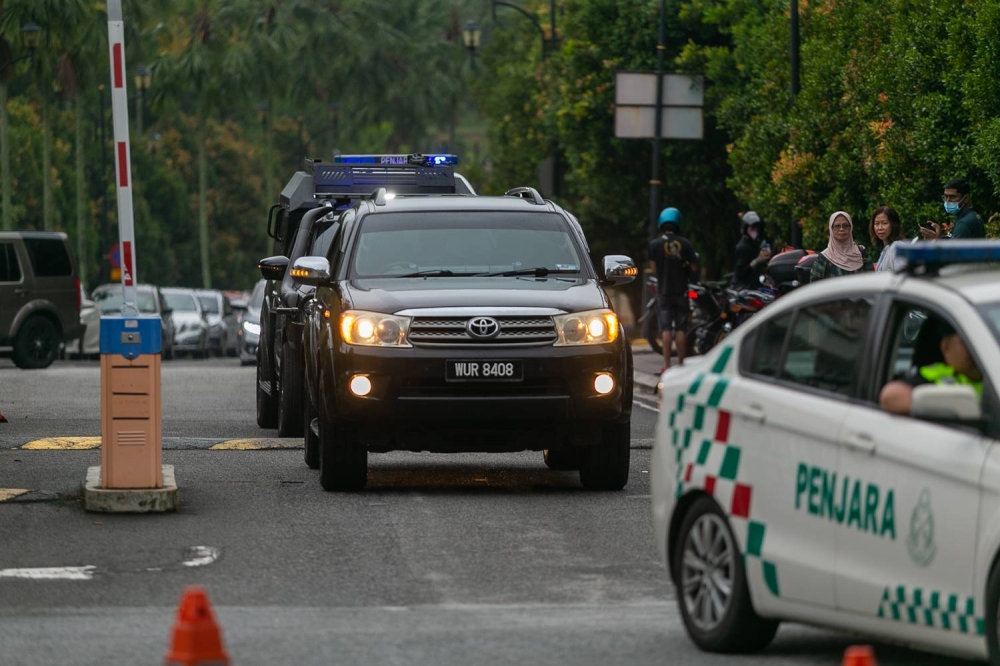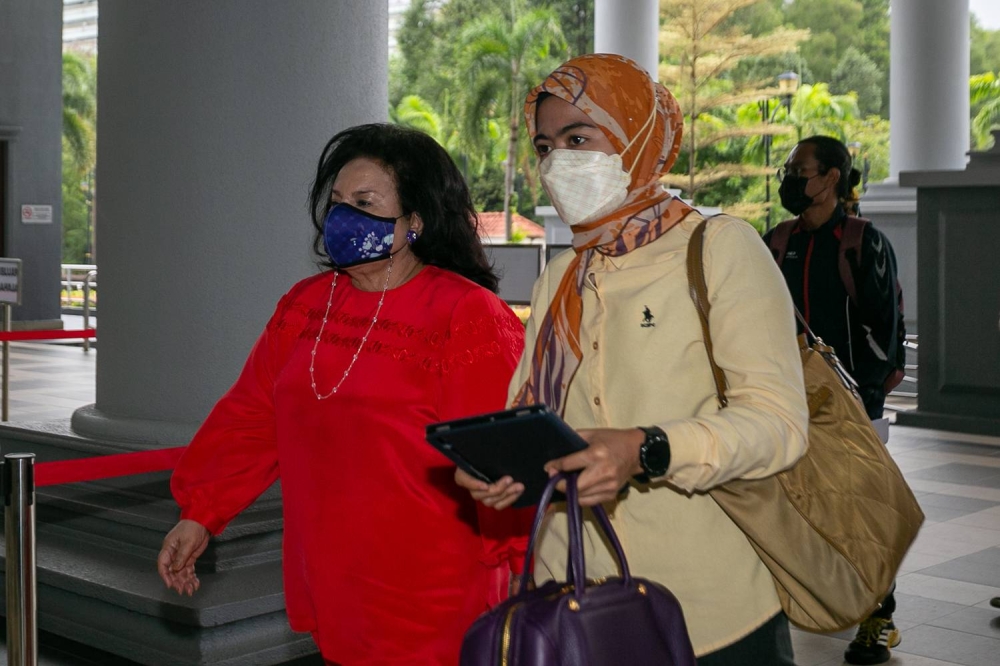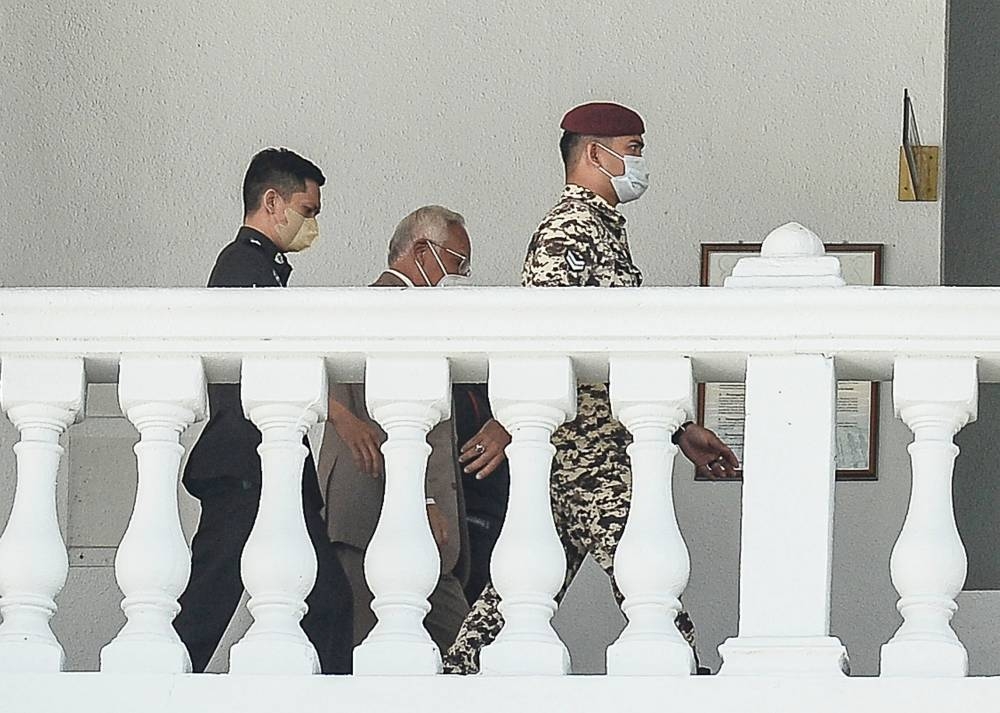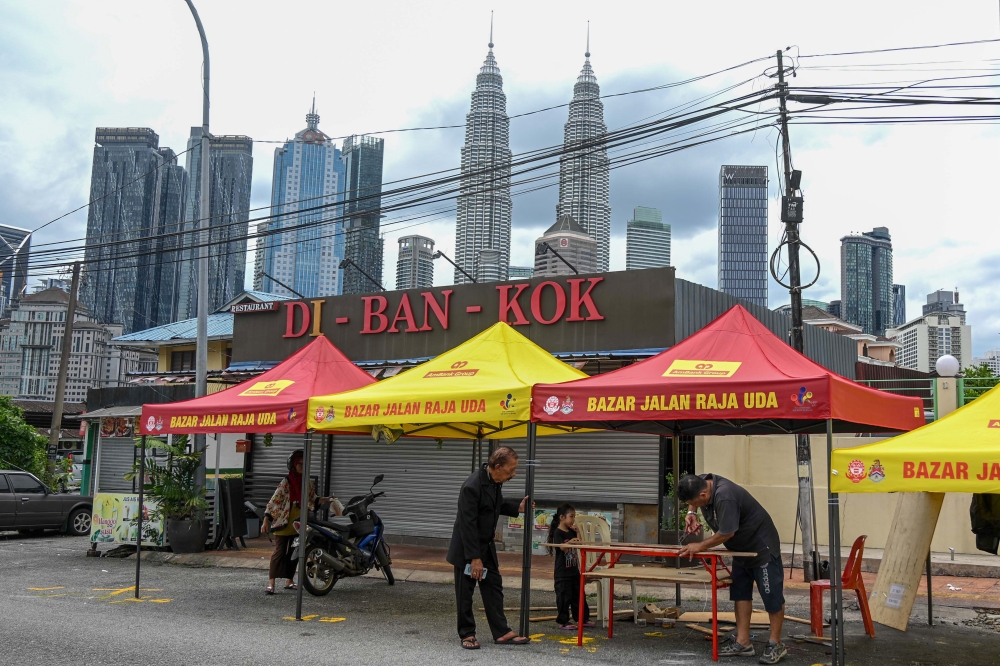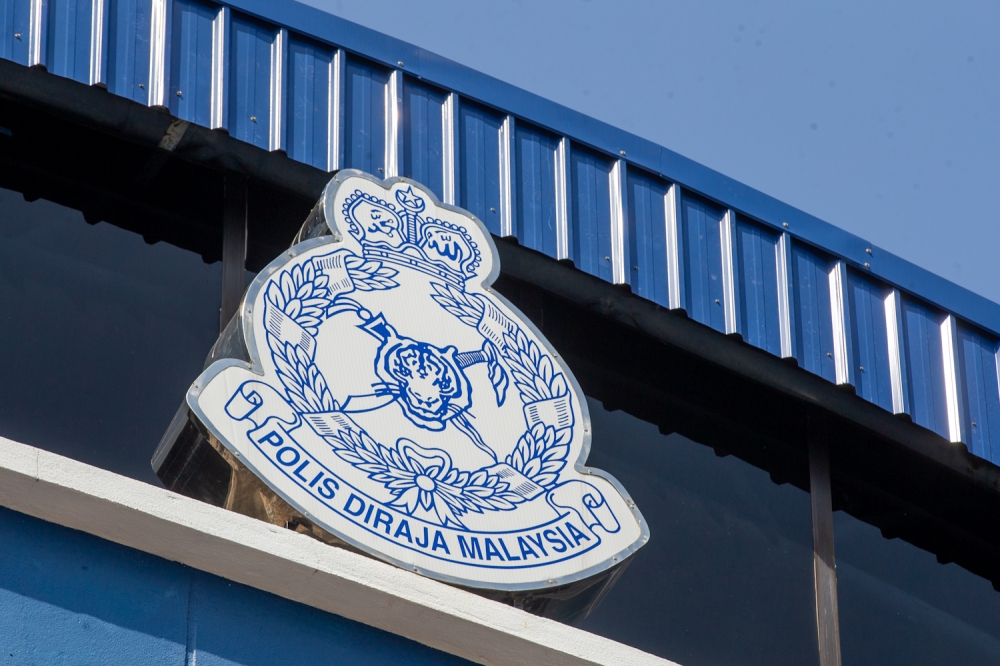KUALA LUMPUR, Nov 15 — Former prime minister Datuk Seri Najib Razak misused his power to stop the “truth” about 1Malaysia Development Berhad (1MDB) from being given to the parliamentary watchdog Public Accounts Committee (PAC), by giving instructions in February 2016 which ultimately resulted in the Auditor-General’s audit report on 1MDB being changed before it could reach the PAC, prosecutor Datuk Seri Gopal Sri Ram argued today.
Sri Ram, who is leading the prosecution against Najib in the latter’s corruption trial over the alleged power abuse charge, said the prosecution has managed to prove all the elements of the charge against Najib that would require him to enter his defence.
“In a case where the accused is extremely intelligent and extremely corrupt, it puts the prosecution to great difficulty to unravel the mental element, not easy. It’s very difficult to prove because independent witnesses are very difficult to obtain in corruption cases. Nevertheless, we have produced sufficient evidence to establish each of the ingredients,” he said.
Sri Ram said the prosecution had showed evidence which proved that Najib had asked to view the 1MDB audit report before telling senior civil servants that he did not want certain matters to be included in the report, asking: “What business of it was his to send for the audit report?”
Sri Ram said the late chief secretary to the government Tan Sri Ali Hamsa had confirmed that the February 24, 2016 meeting — between the auditor-general, senior civil servants and 1MDB’s then CEO Arul Kanda Kandasamy which resulted in major changes to the 1MDB audit report — would not have happened without Najib’s instructions.
Sri Ram said all the circumstantial evidence and Najib’s conduct in February 2016 would all point to the conclusion “that he was doing something the law did not permit him to do and he did it in order to escape liability”.
Sri Ram also cited Ali Hamsa’s evidence that Najib had looked “upset”, and went on to suggest: “Why was he upset? Because he had the report in front of him which would expose him and his connection with Jho Low and his connection with having run this company the way it was.”
Sri Ram also cited evidence of how Najib had called Low Taek Jho’s mobile phone which was then passed to 1MDB’s former chairman Tan Sri Mohd Bakke Salleh instead of directly calling Bakke when the then PM had Bakke’s number, saying that these are circumstances which fortify the conclusion that Najib “was actually running the affairs of 1MDB.”
Among other things, Sri Ram said there was evidence indicating that Najib was a “shadow director” of 1MDB and taking interest in the management of the company by having had meetings with 1MDB officials.
Urging the High Court to look at Najib’s conduct from beginning to the end to determine his corrupt intention, Sri Ram said the evidence shows the inference that Najib had a direct or indirect interest in 1MDB and his objective was “to prevent the PAC from having the truth before it” to avoid criminal or civil legal action against him.
“Here we know for a fact that if P81 (the unamended 1MDB audit report) had gone to the PAC, there was a high probability, if not a definite conclusion, that the accused would be made liable because he had control over 1MDB,” Sri Ram said, referring to Najib as the accused.
Commenting on the level of participation that Najib had allegedly took to prevent the original and unamended 1MDB audit report from going to the PAC, Sri Ram questioned such alleged actions.
“At the end of the day, what’s the worst that could have happened? P81 (original audit report) would have gone to the PAC. If this man had no dirty linen to hide, he could have gone to the PAC and give evidence, so what was the difficulty?
“The act of preventing the report going in itself is a surreptitious act, unauthorised by law and done for a purpose to protect himself,” he argued.
Sri Ram was presenting arguments to show that the prosecution had proved a prima facie case or shown that there was a case that Najib would have to answer by entering defence.
Defence lawyer Tan Sri Muhammad Shafee Abdullah claimed that former 1MDB CEO Datuk Shahrol Azral Ibrahim Halmi had "misled" Najib into signing meeting minutes attended by only Najib himself and with Shahrol signing off as the secretariat, claiming that such a document would be illegal as Najib could not exercise the role of 1MDB advisory board chairman when the board of advisers is not meeting.
But Sri Ram dismissed such an argument by Shafee in calling Shahrol a criminal or a rogue, remarking that Najib could not have been that easily misled: "That's a pot calling the kettle black. Because if My Lord were to look at the document, he said Shahrol misled the accused into signing this document, but My Lord, I don't think the accused is a child to be misled. If he could that easily be misled, then it would be dangerous to have him in charge of the nation's affairs."
Shafee later countered this by saying that prime ministers may receive good or bad advice, noting: "To suggest the PM cannot be misled, I think the world would be a lot better if every PM has not been misled."
When explaining about Najib allegedly being misled when asked to sign the document when the board of advisers was not sitting, Shafee had earlier also said Najib as the prime minister could not be expected to be "micromanaging" 1MDB as he had around 100 companies under him as the finance minister.
Among other things, Shafee argued that Najib can be described as an "auditee" as he was the finance minister who was in charge of the Finance Ministry-owned 1MDB, claiming that this meant Najib would have the right to ask to see the auditor-general's audit report on 1MDB and it would not be illegal for him to make comments about any possibly inaccurate parts.
Shafee also claimed that Najib had not given specific instructions on which items he wanted amended in the 1MDB audit report before it was given to the PAC, and that he had only given general instructions to ensure the report was limited to the audit's scope of verifying 1MDB accounts and to avoid a political spin on the report's contents.
Shafee cited former auditor-general Tan Sri Ambrin Buang as having confirmed there was no intention to hide Low's involvement by omitting mention of his name as the PAC had already discussed this during an interim report presentation in July 2015.
Shafee also argued that the prosecution had not shown how the removal of four key items from the 1MDB audit report would be related to Najib avoiding civil or criminal liability.
Shafee ultimately argued that Najib should not be called to enter his defence.
After hearing arguments from all parties, High Court judge Mohamed Zaini Mazlan then fixed January 30 to deliver his decision on whether Najib will be ordered to enter his defence and defend himself in this case.
In this trial, Najib is accused of having abused his position as prime minister and finance minister between February 22 and February 26, 2016 by allegedly instructing for amendments to the 1MDB audit report — which was already ready to be presented to the PAC — before it was finally presented to the PAC.
Najib is accused of having done so to protect himself from civil or criminal action over his role in the handling of 1MDB operations.

Arul Kanda was accused of having abetted Najib, but is still awaiting the High Court's decision on whether he would be granted a certificate of indemnity ---- which would result in him being acquitted ---- for having told the full truth while testifying as the prosecution witness.
Arul Kanda's lawyer Datuk N. Sivananthan argued that his client had been honest and transparent as a prosecution witness, and that this was all that was required for the High Court to issue a certificate of indemnity.

